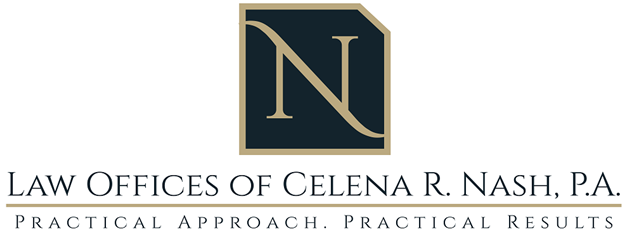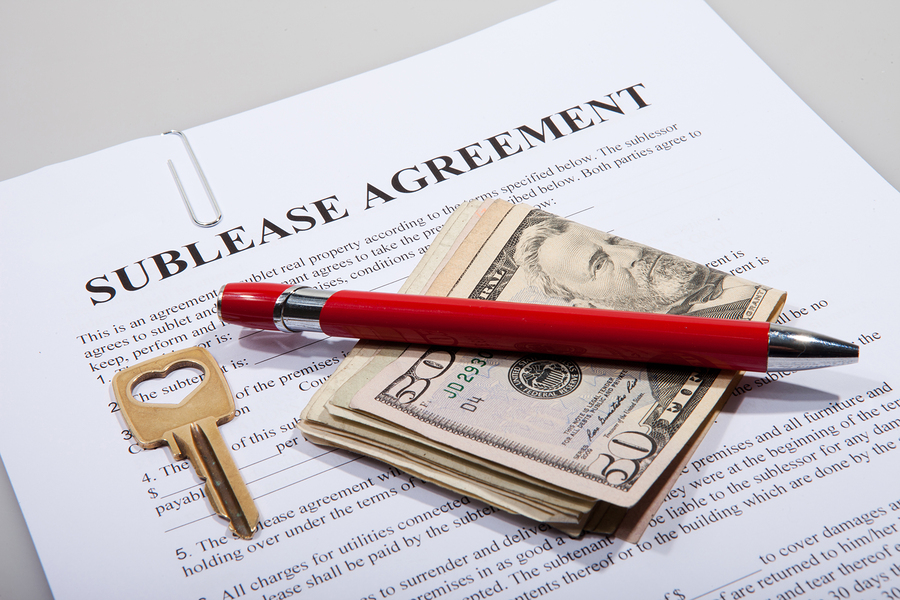Commercial Leasing Considerations for Marijuana-Related Businesses in Florida

The Difference Between a Lease and a License
October 9, 2019
What developers, real estate investors need to know about Live Local Act
October 7, 2023When it comes to leasing commercial space to a marijuana-related business, the rules vary. This is due to the nature of the business, its complexities and the uncertainties of the law. Before entering a commercial lease, it is important that both parties are aware of the different options and requirements that exist for leasing business space for marijuana-related businesses.
Federal Law
One of the most important distinctions to leasing space to a marijuana-related business has to do with the glaring conflict of state and federal laws. While most states recognize marijuana use, whether it be for recreational use or medicinal purposes, federal law still lists marijuana as a Schedule 1 substance under the Controlled Substances Act. Therefore, under federal law, selling, using, distributing or even assisting someone with the use or purchase of marijuana is still illegal, even though the state may recognize it as legal. Federal law will always prevail over any conflicting state law so any action, whether it be to sell, use or distribute marijuana, can be penalized. Despite this obvious risk, many property owners will still lease commercial space to marijuana-related businesses.
Zoning Regulations
Another important consideration when leasing commercial space to a marijuana-related business is to ensure that the use of the property complies with all local zoning regulations. Certain counties and cities may have specific regulations that require registration and certain licenses that a business must obtain before participating in the sale or distribution of marijuana. Many counties have created advisory boards and committees to focus on educating the community, regulate and track the presence of marijuana facilities and distribution centers as well as created protocols to guide the evolution of marijuana in their communities. For an example, the Broward County Board of Commissioners has a Medical Marijuana Advisory Board that actively meets to discuss issues regarding medical marijuana businesses in the area, advising citizens and businesses regarding any medical marijuana-related matters within the county and providing recommendations to the County Board of Commissioners regarding any regulations or fees associated with medical marijuana treatment centers.
These zoning requirements may even restrict a tenant from subleasing. Most commercial leases allow for subleases, so long as the landlord gives consent, but since this industry is so regulated and heavily licensed, most zoning ordinances do not permit freely subleasing the commercial space without prior written authorization and special licenses being obtained by the tenant.
Calculation of Rent & Risk
Because of the risk associated with leasing space to marijuana-related businesses, many commercial landlords will charge a higher rent for these spaces. It is not necessarily advisable that the landlord charge a percentage rent, calculating the rent based on the percentage of sales, since this may be viewed as the landlord being in the business along with the marijuana business. In fact, any money that can be traced to the operations of the marijuana business may be considered money laundering exposing the landlord, bank and the tenant. For this reason, many marijuana businesses operate as a cash only business. However, the risk of having a cash only business, depending on traffic and sales, may require the landlord or the tenant to increase its security measures. The additional security measures may be a necessary addition to provide protection for other tenants, visitors and invitees in the commercial space. These are operational and regulatory risks that the landlord and tenant must weigh before engaging in the leasing of commercial space for a marijuana-related business. It is for this reason that most commercial landlords will simply charge a flat rate, albeit at a higher rent.
Licensing and Insurance
The tenant will need to have proper licensing under state and local law to operate a marijuana-related business, and it is important that the landlord ensure that the tenant has proper licensing, as well as adequate insurance for his or her business. Not only must the landlord comply with his or her insurance provider when leasing the space, but the business tenant must also comply with insurance requirements for his or her industry. Since there is a conflict with federal and state law regarding the operation of marijuana-related businesses, obtaining insurance may deem to be a complicated task. Notwithstanding, it is imperative that the insurance company is on notice that the insurance coverage is for a marijuana-related business. The failure to disclose this material fact may give the insurance company a base to deny a claim if the claim arises out of a business related to an illegal controlled substance. It is not advisable that the landlord enter the lease contingent on the business owner obtaining licensing and insurance in the event both are not acquired. Having the insurance and licensing in place beforehand reduces risk and further adds protection in the commercial lease agreement.
The legalization of marijuana is gaining traction throughout the country at a state level, but we must keep in mind that marijuana is still illegal at the federal level. The risks associated with entering into a lease agreement for a marijuana-related business must be weighed and dissected to determine if it is practical and worth taking the risks. If it is decided that the risks are worth it, the Law Offices of Celena R. Nash, P.A., is well versed in local, state and federal laws to secure a fruitful long-term business relationship.




